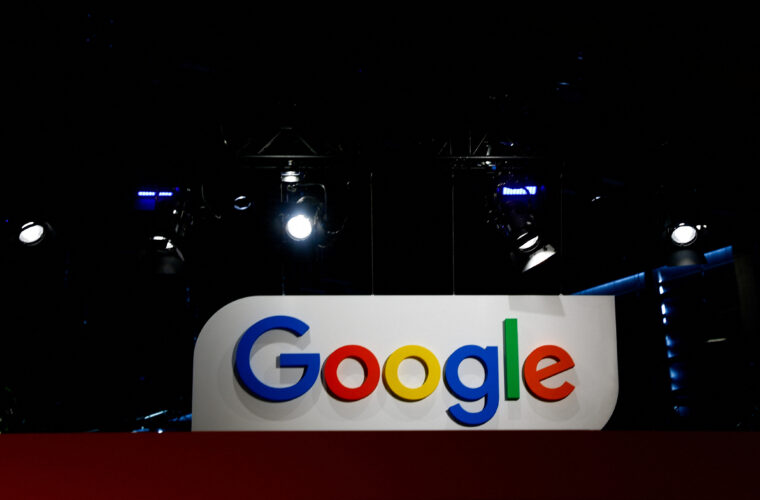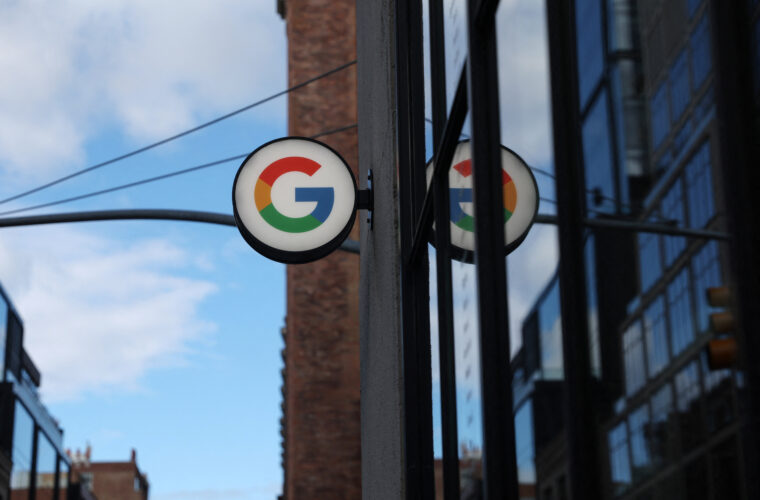Tech behemoth Google recently announced a time-limited experiment to omit European Union news publishers from its search and news platforms. The test has been met with significant opposition, particularly in France.
According to Google, the experiment measures the impact of EU publishers’ content on user experience and traffic. The company stated that the “test will affect 1% of users in Belgium, Croatia, Denmark, France, Greece, Italy, the Netherlands, Poland, and Spain.” However, after a Paris Commercial Court order, Google paused its test in France.
The United States (US) tech company said the test will allow it to “measure exactly” the amount of traffic that press content generates. The company also defends that it will provide regulators and publishers with data on how Google’s browser is used to access news content.
France pushes back
The Tribunal de Commerce de Paris issued a court order prohibiting Google from conducting the test. The court ruling followed an urgent appeal by the French SEPM, which represents 500 print news sites and 200 online ones.
The court ordered Google to refrain from starting the test, warning that the company would be fined US$900,000 every day the experiment was conducted. Google acknowledged the court order, and a spokesperson stated that they would “suspend the launch of the test in France for the time being.”
“The SEPM is delighted with this result, which protects the interests of the entire French press, and will be paying close attention to developments in this case before the interim relief judge and the Competition Authority,” the SEPM said in a statement. France has been one of the most combative countries against Google. Earlier this year, French courts ordered the company to pay US$272 million for violating an agreement over compensation for publishers.
“Unacceptable test”
While France has successfully opposed the experiment, other countries involved in the test have yet to see significant legal challenges. However, the Spanish AMI, the equivalent of the French SEPM, has also criticised Google.


“In a context in which Google is an essential means of accessing publishers’ content, its decision to remove news results from its products is an unacceptable practice that threatens the right to information of European citizens, guaranteed by the EMFA (European Media Freedom Act),” said Irene Lanzaco, AMI’s director.
Not the first test
Earlier this year, Google carried out a similar test in the US, replacing its News section with AI-generated overviews. At that time, the company stated that it was testing “different ways to show filters on search,” as a result, a small subset of users was temporarily unable to access some of them.
Nonetheless, the company later clarified that it had no plans to remove the News filter.
Last year, Google began blocking news links in Canada in response to Bill C-18, a law requiring companies to compensate publishers for their content. However, the tech giant later reached an agreement with the Canadian government and committed to paying publishers. In 2023, Google announced that it compensated over 1,500 publications across 15 countries for their content. The Silicon Valley company has ramped up efforts to comply with the EU Copyright Directive.



